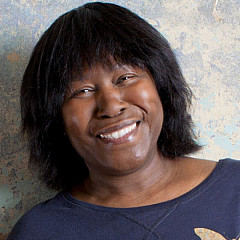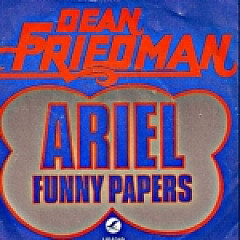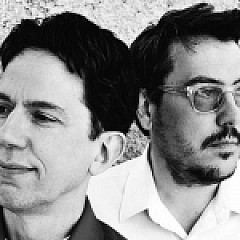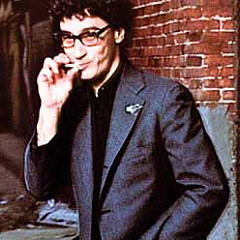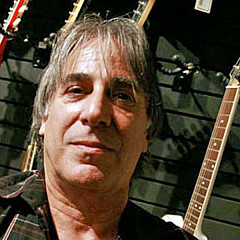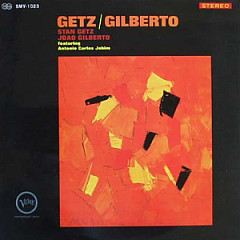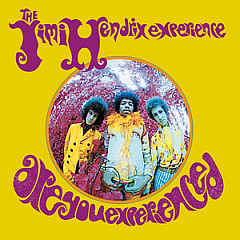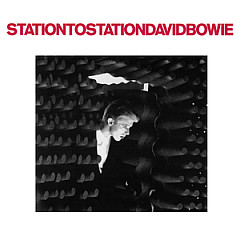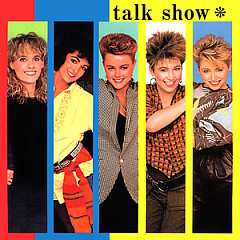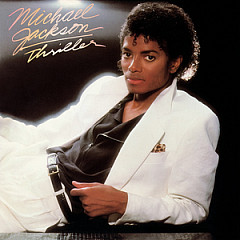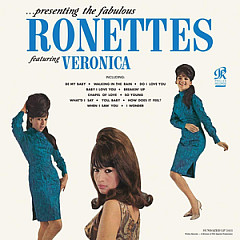 Dawes (L-R): Trevor Menear (guitar), Taylor Goldsmith (vocals, guitar), Griffin Goldsmith (drums)
Dawes (L-R): Trevor Menear (guitar), Taylor Goldsmith (vocals, guitar), Griffin Goldsmith (drums)Dawes' 2011 breakout album, Nothing Is Wrong, garnered critical praise. In 2015, All Your Favorite Bands debuted at #1 on the Folk Albums chart and introduced the fan-favorite title track. The 2022 Misadventures Of Doomscroller album saw the band taking risks with a more instrumental jam-band approach, honing their talents as musicians and veering off from the typical singer-songwriter expectations.
Dawes recently celebrated the 10th Anniversary of their album Stories Don't End with a rerelease and a live show at the Capitol Theatre in New York City last December, where they played the album in its entirety. Band founder Taylor Goldsmith, their lead singer and lead songwriter, reflected on the significance of that album, how he has evolved as a songwriter, and what's next for the band. For Dawes, it seems stories don't end, and theirs is just beginning.
Taylor Goldsmith: Some arrangements have changed very intentionally. I'm thinking about how we play "Just Beneath The Surface" and the Reprise as one long song now, or the very different live version of "Bear Witness." Some arrangements have changed just from wear and tear. When I hear a live version of "Most People," it feels so much bigger and stronger than the album, but that wasn't a decision we made. It just happens that way when you play a song long enough.
Speaking of "Most People," it's one of the best representatives of the record as a whole. Fast-paced words, a couple fancy chords, and a big chorus. It's the record where I felt like we took our first big step away from our inspirations and started sounding like ourselves. "Most People" seems to be a good example of that.
Songfacts: The song "Stories Don't End" is very emotive with a storytelling element. There are beautiful little moments in that song - the small stories in the bigger picture. How do you piece a song like that together?
Goldsmith: I came upon the title first and worked backwards. That one felt a little more guided by the emotion than some more specific songs of mine. I don't do that as well now, so I'm grateful to have that song in the catalog. I also like the chords in that one a lot. It adds a dimension to the lyric that I don't get out of my songs too often.
Songfacts: A lot of your songs are as beloved now as they were when they were released, if not more so. "When My Time Comes" has really endured and is always great to hear live. Can you talk about what inspired this song and what it means to you now?
Goldsmith: People ask if I'm tired of it. I'm really not. When a crowd responds that aggressively to a tune, it's easy to enjoy from the stage. That song was about anticipation of what might be possible for my life and for our band. And despite being a little older now, it still resonates for me, especially when a room full of people scream it back to me.
Songfacts: Another one that's really held up is "Things Happen." What is the story behind that and how has it evolved?
Songfacts: "All Your Favorite Bands" is such an anthem and love letter to music. It's a song that really resonates with people and just feels good. What inspired you to write it?
Goldsmith: I actually don't remember writing the chorus at all. I remember showing Dave, since this is on the same record as "Things Happen," a lot of demos of ideas I had. When we got to "All Your Favorite Bands" it was just a chorus, no verses. I kind of brushed it off as not being any good. He responded to it right away. He said, "You have to finish this one. It's going to be one of the most important songs on the record." He was right again.
Songfacts: On it, you sing, "And may all your favorite bands stay together." Is there a band that you'd be devastated over if they broke up?
Goldsmith: I've slightly aged out of that feeling. If some of my favorite, still existing bands broke up, I would understand because most of them are older anyway. Maybe Big Thief?
But I can only imagine what it must have felt like for fans of The Replacements or R.E.M. when they broke up while still at very vital points in their careers. I was too young and dumb to be aware of either of these bands when they called it, but now as massive fans of both, it must have been heart wrenching for their communities of fans.
Songfacts: What's a song you wrote that got a reaction from fans that you didn't expect?
Goldsmith: Definitely "All Your Favorite Bands." I wasn't planning on finishing it, let alone prepared for it to be such an important one for the band. Another would be "A Little Bit Of Everything." It was the last song I wrote for the second record, and I didn't know if it was any good. It's now become a very beloved tune in the bunch, and I didn't see that coming.
 Songfacts: What's a Dawes song that didn't get a lot of attention but is very important to you?
Songfacts: What's a Dawes song that didn't get a lot of attention but is very important to you?Goldsmith: Maybe "Something In Common." It definitely gets love, for which I'm grateful, but I felt like I went beyond my capabilities with that one.
Songfacts: Your sound has evolved and become very expansive while remaining genuine. Do you ever find it hard to stay authentic in an ever-changing musical landscape?
Goldsmith: We've been so unaware of the changing culture, for better or worse. So I feel very unplugged from where the "sound" is at, but very proud of Dawes hopefully having its own sound despite all that.
Songfacts: What do you do to stay true to yourself as a songwriter, and how has your songwriting developed over the years?
Goldsmith: Just read a lot, listen to a lot of good songwriters, and take a lot of notes. I started out by setting up pretty strict rules for how to write, and these days I like to break them. So I guess that's how my writing has developed.
Songfacts: You've cited Crosby, Stills & Nash, Bob Dylan, and Jackson Browne as influences. What song by another writer had the biggest impact on you?
Goldsmith: Probably "The French Inhaler" by Warren Zevon. Hearing that song really felt like a turning point for my writing. Same with "Sunday Morning Coming Down" by Kris Kristofferson.
Songfacts: You're going on tour with Lucius and performing songs together as one band. How did that idea come about and what can fans expect from that experience?
Goldsmith: We've all known what to expect from a typical co-headline tour. A tour like this forces way more creativity and collaboration and shares a side of the artists involved that their fans have never seen before.
Songfacts: Your albums have examined various themes and exploration in songwriting. You're in the studio now - what can we expect next from Dawes?
Songfacts: We got a record in the can. In some ways it feels like a clear development from our last record and in some ways, it feels most like our first album. We also have a studio space now, so we're hoping to crank out records way more often.
April 23, 2024
For tour dates and album info, visit dawestheband.com
More interviews:
Grace Potter
Rhett Miller of Old 97's
David Crosby
Graham Nash
photos: Jon Chu (1), Jenna Jones (2)
More Songwriter Interviews

